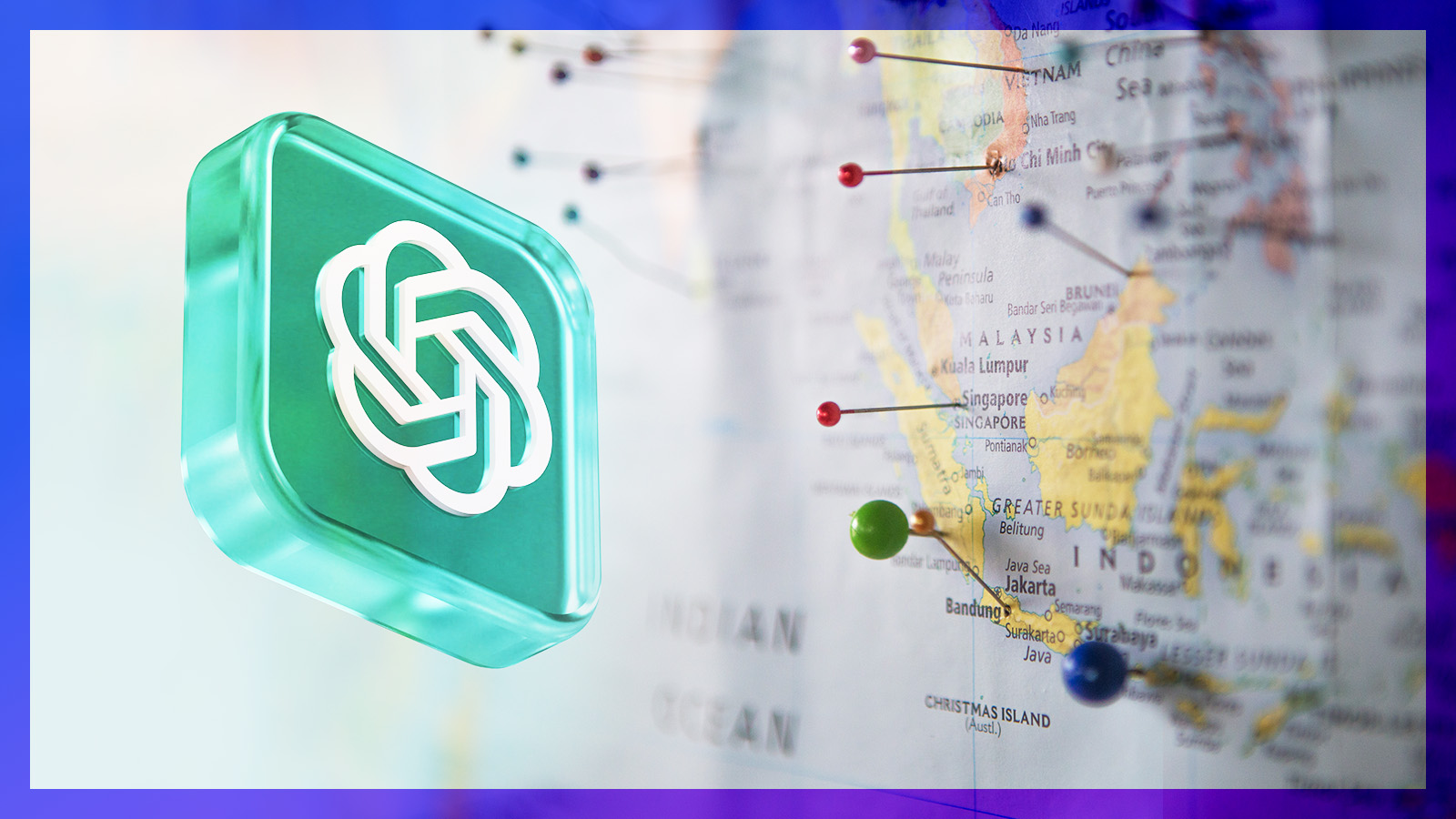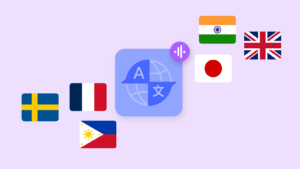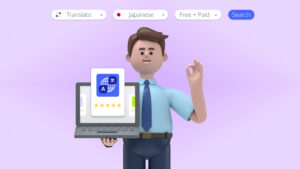Localisation is the process of making something local in character, adaptation of a piece of content to suit different audiences. This includes the translation to transcreation of content, changing the associated images, and including cultural elements that are more relatable for your desired audience.
Most of the localisation industry still takes on a traditional approach, largely relying on human professionals, making it an expensive and inefficient process that many smaller companies cannot afford. As a renowned Large Language Model (LLM), the introduction of ChatGPT can have positive effects on the localisation industry by reducing the time spent in content translation.
What is ChatGPT?
ChatGPT is a chatbot created by OpenAI. It uses GPT-4, a large language model that uses deep learning to produce human-like conversations in over 50 languages. Just like most AI translation softwares, chatGPT can translate bulk documents within seconds; saving the user time and money.
However, as already discussed, localisation is not just about translation. Artificial intelligence is not able to replicate a lot of the complexities in the human language yet. You need to take into account all the idiomatic expressions, jargon, slang, metaphors, etc for your content to remain relevant to the target audience.
With these in mind, we can now look at the influence of ChatGPT in the localisation industry and everything it can and cannot do.
How ChatGPT Can Help Localisation
To save time
ChatGPT is trained to respond to human commands in microseconds as an LLM. One of those commands can be content translation; making it easier for you to translate bulk documents within the shortest time possible.
This means that ChatGPT can help you eliminate steps such as word-for-word translation which are normally done by human translators. What is required of you thereafter is to proofread the content for accuracy, and localise it as per your target audience.
To cut cost
While ChatGPT is a free software, you can opt to use ChatGPT Plus for $20 per month. It promises general access to ChatGPT even during peak times, faster response times and priority access to new features and improvements. This cost will be negligible when compared to hiring a professional translator who proves to be quite expensive and requires more days to handle your task to perfection.
What ChatGPT Cannot Do in the Localisation Industry
It cannot replicate humans
You already know that content marketing is not just about making your message heard. You have to deliver your idea in a way that sparks emotions. The buyer must feel as though you had them in mind while designing the product.
Most companies are shying away from machine-generated articles because of the “robotic nature” of the content, with no empathy, or conscience in the work presented. ChatGPT is not trained to to reason and execute commands in a way a human can, even with accurate translation. As the human expert, you will still have to step in and create that missing human touch to the final output.
ChatGPT has not mastered the complexities of human language
There are a few cases where chatGPT has taken into account language colloquial, nuances, jargon, etc. However, the software is nowhere near perfect due to the demands of localisation such as mastering slang, cultural taboos of the target audience etc. We still need to work with native experts to make the content consumable. Some language pairs are even harder to translate than others, which further complicates things when you try localisation with ChatGPT.
Data privacy/security concerns
ChatGPT does not guarantee data privacy. The software’s policy states that it may collect personal information from your uploaded files and any feedback given. The software is also a favorite spot for hackers who prompt it to generate illegal information or code as feedback.
Will ChatGPT take over the localisation Industry?
Based on our discussion above covering the strengths and weaknesses of ChatGPT, the truth is that the software has a long way to go in terms of content localisation. Furthermore, ChatGPT relies on information published on the web to give feedback. And as we all know, the internet can also be a misleading source of information as compared to real-life experiences.
This does not mean that chatGPT cannot take over your job. As a localisation expert, you should be able to master all the localisation strategies. These include; thorough knowledge of your audience’s cultural background, language complexities, transcreation of humour, jargon etc. In short, draw your strength from what the software cannot achieve.
If you use these alongside chatGPT’s high translation speed, you will be able to handle more work and even create time for other activities.






